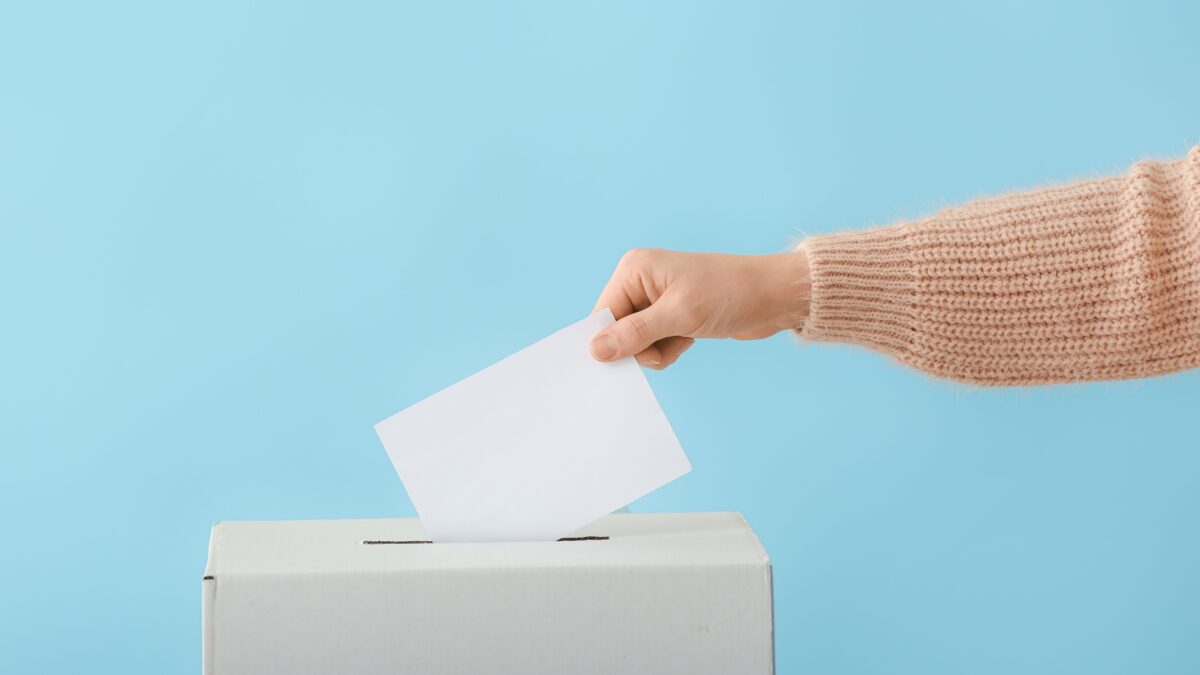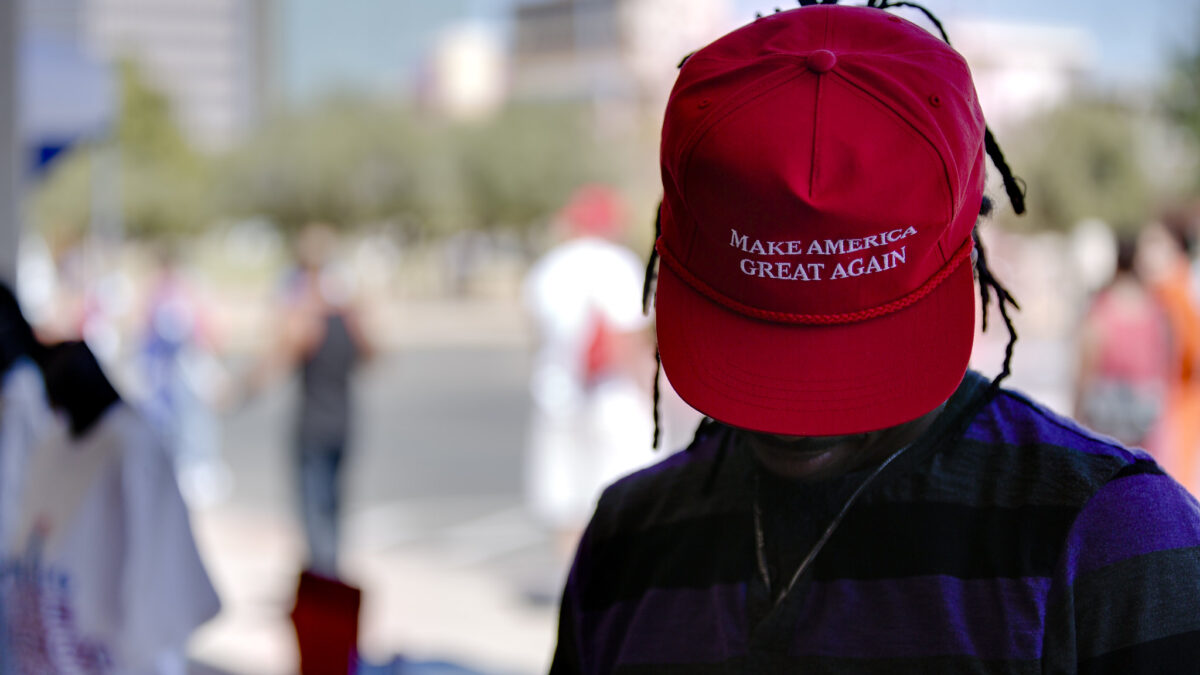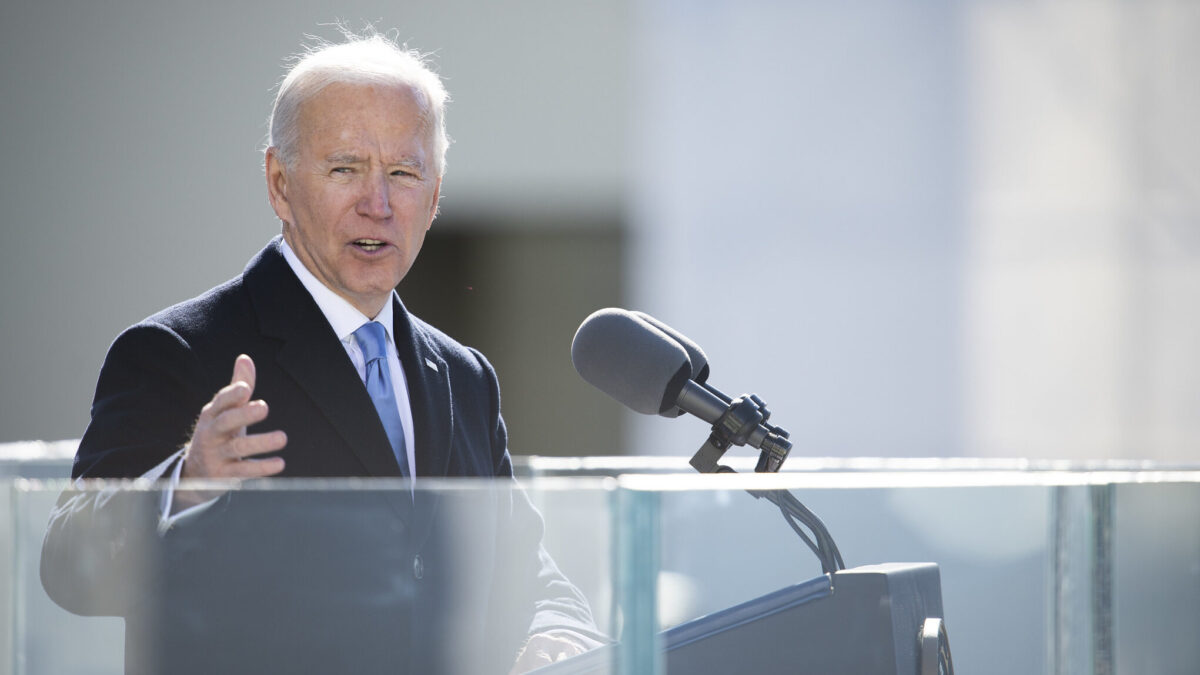
The Minnesota Supreme Court and the Michigan Court of Claims threw out challenges attempting to strike former President Donald Trump’s name from 2024 presidential primary election ballots. However, the courts left open the possibility of his removal from general presidential election ballots. Similar cases are pending across the country, and a decision is expected to be made today in a Colorado lawsuit.
The lawsuits, brought by leftist activist organizations, argue that because Trump was giving a speech to his supporters near the White House while protesters flooded the Capitol in a supposed “insurrection” on Jan. 6, 2021, Section 3 of the 14th Amendment disqualifies him from appearing on ballots.
Section 3 of the 14th Amendment reads:
“No person shall … hold any office, civil or military, under the United States … who, having previously taken an oath … as an officer of the United States … to support the Constitution of the United States, shall have engaged in insurrection or rebellion against the same, or given aid or comfort to the enemies thereof.”
There are several issues with the lawsuits attempting to brazenly interfere in the next presidential election, starting with the fact that Trump did not “engage in an insurrection or rebellion.” No federal court has convicted Trump of such a thing. Moreover, the Senate acquitted Trump of the second impeachment resolution, which charged him with “Incitement of Insurrection.”
According to Hans von Spakovsky, a senior legal fellow at The Heritage Foundation, there is also “a serious question of whether the disqualification provision of Section 3 even still exists as a constitutional matter.” As Spakovsky explained, “Section 3 gives Congress the ability to remove the disqualification provision and void Section 3 by a two-thirds vote of both houses of Congress,” and in 1872 and 1898, “Congress did just that” by passing two Amnesty Acts.
In Minnesota, the state Supreme Court refused to even consider Trump’s removal from the general election ballots because the issue is “neither ripe, nor is it ‘about to occur.’” Indeed, no one technically knows whether Trump will win the Republican primary and therefore be eligible to appear on general election ballots.
As for the primary election, the court concluded Section 3 is irrelevant. “[T]his is an internal party election to serve internal party purposes,” stated the court, “And there is no state statute that prohibits a major political party from placing on the presidential nomination primary ballot, or sending delegates to the national convention supporting, a candidate who is ineligible to hold office.”
However, the court did leave open the possibility of Trump’s disqualification in the general election if he wins the primary.
In Michigan, state Court of Claims Judge James Redford ruled that Trump could not be removed from primary ballots because the primaries are an internal political party affair. Like in Minnesota, Redford left the door open for Trump’s removal from the general election, but he also strongly suggested that no court can rule on Trump’s eligibility in the general election because that decision should be left up to Congress.
“The questions involved are by their nature political,” Redford wrote. “It takes the decision of whether there was a rebellion or insurrection and whether or not someone participated in it from the Congress, a body made up of elected representatives of the people of every state in the nation, and gives it to but one single judicial officer, a person who no matter how well intentioned, evenhanded, fair and learned, cannot in any manner or form possibly embody the represented qualities of every citizen of the nation—as does the House of Representatives and the Senate.”
Redford also warned that “The number of cases presents the risk of completely opposite and potentially confusing opinions and outcomes, which will certainly ‘expose the political life of the country to months, or perhaps years, of chaos.’”
The anti-democratic group involved in the Michigan case has already vowed to file an “immediate” appeal. More appeals are sure to come as more states field attempts to throw Trump off the ballot. Legal experts predict that this boldest ploy yet to interfere in a presidential election will likely reach the U.S. Supreme Court.









